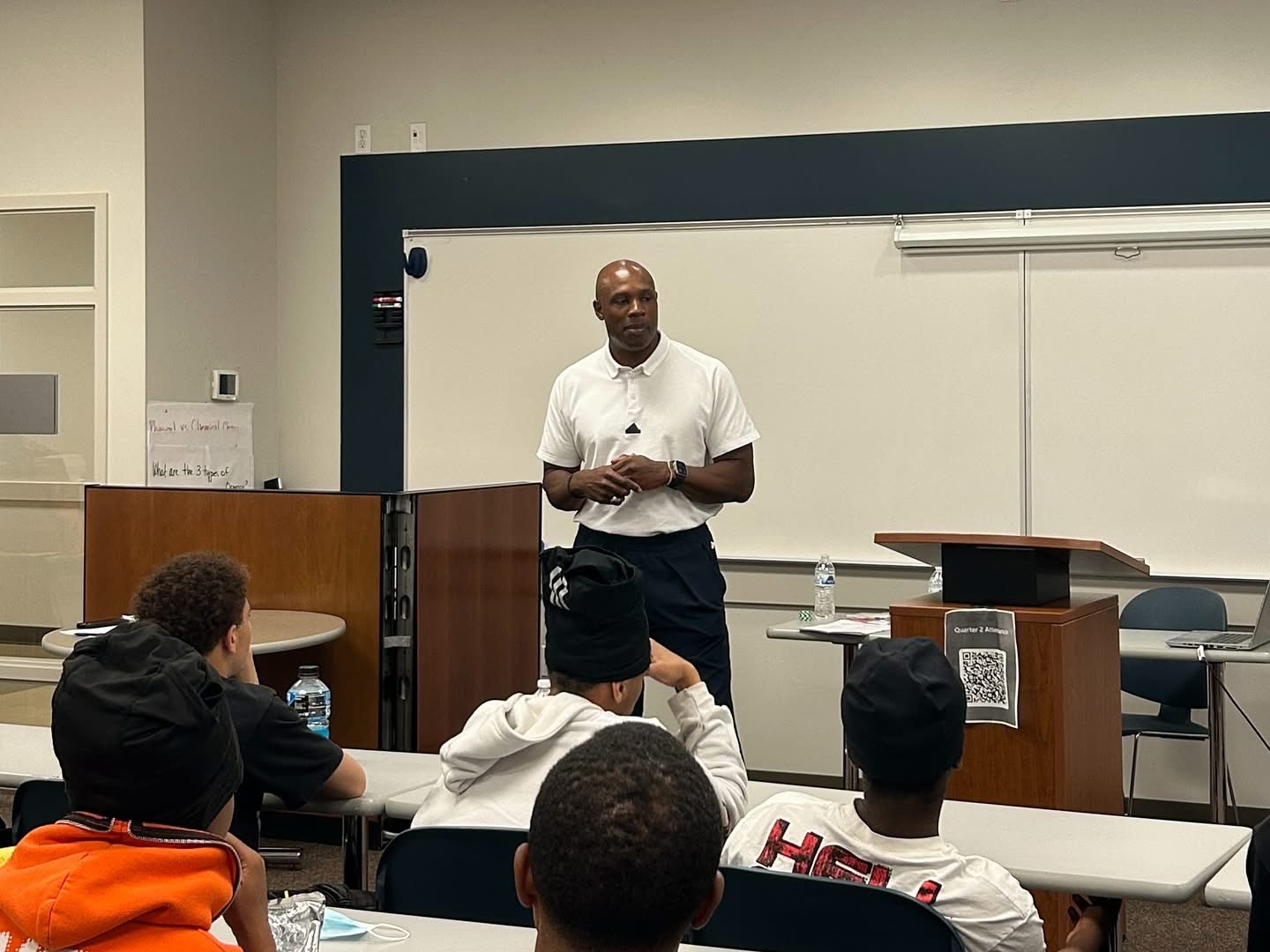

We recently had the chance to connect with C.J. Stewart and have shared our conversation below.
Hi C.J., thank you so much for joining us today. We’re thrilled to learn more about your journey, values and what you are currently working on. Let’s start with an ice breaker: What do the first 90 minutes of your day look like?
The first 90 minutes of my day are centered around gratitude, discipline, and preparation—spiritually, mentally, and physically. Before anything else, I give thanks to God for waking me up. That moment of acknowledgment grounds me and reminds me of purpose.
Then it’s the basics—washing my face, brushing my teeth—but with intention. I immediately begin drinking a half-gallon of water, which I aim to finish within that window. Hydration is foundational for how I think, move, and serve. I’ll complete the second half-gallon before the day ends to hit my daily gallon.
Next up: making my bed. I do it six days a week—not because I want to, but because I don’t want to. It’s the first test of discipline for the day. I’ve learned that discipline is doing what needs to be done even when I don’t feel like it. That small act reinforces a bigger mindset.
From there, I brew a cup of dark roast coffee with my Keurig and briefly scan emails and social media—just enough to orient myself without getting pulled into distractions. I’m usually out of the house within the hour, either heading to a strength training class, a meeting, or out on a morning run. I’m currently training for my first marathon, which I’ll run on March 1, 2026.
On the spiritual side, I’m reading through the entire Bible in a year with my church, Elizabeth Baptist Church. I often listen to the daily reading while I’m on the move, letting scripture guide my pace and perspective. Those first 90 minutes set the tone for a day of intentional impact.
Can you briefly introduce yourself and share what makes you or your brand unique?
My name is C.J. Stewart. I’m a 49-year-old African-American man, a transformative force, a consequential coach, and a spiritual steward. I’m proudly married to my wife, Kelli Stewart, and we’re the blessed parents of two daughters—Mackenzi and Mackenna—both accomplished tennis players and young leaders in their own right.
Kelli and I co-founded LEAD Center for Youth in 2007, a 501(c)(3) sports-based youth development organization based in Atlanta, Georgia. LEAD stands for Launch, Expose, Advise, Direct—it’s more than a program; it’s a love letter to the city that raised me. Through baseball and tennis, we work year-round with Black youth ages 8–18 in partnership with Atlanta Public Schools, using sport as a tool to eliminate racism and advance equity and well-being.
Our work is personal. I was born and raised in Atlanta’s Bankhead community, and baseball exposed me to worlds I would’ve never seen otherwise. It eventually led me to play professionally with the Chicago Cubs organization. Now, I use that same game—and tennis, which has shaped the lives of our daughters—to open doors and hearts for the next generation.
What makes LEAD unique is our conviction: we’re here to make a difference, not just make a point. We center difficult but necessary conversations around race, equity, and access, and we’ve built a coalition across race, gender, and faith lines to drive real, systemic change. Our mission is to eliminate racism and our vision is to become the global standard for helping underrepresented youth overcome barriers to success through sport.
One project we’re especially proud of is Pedagogy for Pros, our trauma-informed coaches certification launched on Jackie Robinson Day—April 15, 2025. It’s a three-month hybrid course (in-person and virtual) designed to equip coaches with the social-emotional mastery needed to transform lives. While many trainings focus on technical skills, Pedagogy for Pros focuses on the tactical—how to lead with empathy, self-awareness, and discipline. Too many coaches show up with unresolved trauma and unintentionally pass that on. We’re shifting that cycle.
Pedagogy for Pros is our response to coaches from around the world asking us to bring LEAD to their communities. Now, those who love their city as much as we love Atlanta can come to Atlanta, learn from us, and take our blueprint back home.
LEAD is proudly considered the MVP of SBYD—Sports-Based Youth Development. And through Pedagogy for Pros, we’re scaling impact, one coach, one community, and one Major League Citizen at a time.
Amazing, so let’s take a moment to go back in time. What did you believe about yourself as a child that you no longer believe?
As a child, I believed that the barriers the world placed on me—as a young Black boy growing up in Atlanta—were permanent and would ultimately limit my potential. I no longer believe that to be true. Not because those barriers don’t exist—they absolutely do—but because I’ve learned that the right relationships can remove them.
What changed was access to people who went beyond coaching and mentoring me—they sponsored me. They advocated for me in rooms I wasn’t in and removed barriers I never even saw. That kind of support has allowed me to step into my purpose and embrace the assignments—God-ordained assignments—that align with my calling.
Being born in 1976, just after the Civil Rights Movement began in the very city I call home, I grew up watching hard-working Black people do the best they could with what they had. But I’ve come to understand that doing your best doesn’t always mean doing everything you’re capable of—sometimes, you need access and advocacy to unlock your full potential. Baseball gave me both, and now I’m committed to doing the same for others.
Was there ever a time you almost gave up?
There were many times I almost gave up—but one stands out.
In the early years of LEAD, we were operating on a shoestring budget—around $60,000—trying to serve 18 families with high expectations and big needs. What began as a summer program quickly grew into a year-round commitment, but our funding didn’t grow with it. We were passionate, but as I often say, you can’t have fun without funding.
We reached out to corporations and foundations, submitted grants, and in return, received some of the most polite, professional rejection letters you can imagine. They wished us well—but they told us no. Over and over again.
It was discouraging. Around 2010, I seriously questioned if we could keep going. But I came to understand something that changed everything: the Latin root of the word passion is suffering. That season of struggle made us triple down on our purpose. What sustained us wasn’t just passion—it was grit. Grit is the relentless pursuit of purpose, even when the door keeps getting shut.
That same year, in 2010, we became an official partner of Atlanta Public Schools—the very school system that educated me, members of my family, and icons like Lena Horne, Martin Luther King Jr., and Maynard Jackson. That partnership was deeply personal and pivotal. It launched us.
Today, in 2025, LEAD serves over 350 Black youth year-round with a $2 million budget. Since 2007, we’ve impacted more than 5,500 students and invested over $25 million into the development of baseball in Atlanta for Black boys.
Most Black-led nonprofits in America don’t survive three years. We nearly didn’t. But we’re still here—because our suffering was proof of our purpose.
Alright, so if you are open to it, let’s explore some philosophical questions that touch on your values and worldview. What would your closest friends say really matters to you?
My closest friends would tell you that what matters most to me is truth-telling, conviction, and love—not just as an emotion, but as a daily decision. A decision to be committed. A decision to be disciplined. A decision to extend grace, trust, and respect.
They’d say I fight for racial justice—not for attention, but because I believe in legacy. They know I don’t just want to be heard or understood—I want to be felt. I want people to feel my heart, my conviction, and know that I’m living on a mission.
I live with the reality that tomorrow isn’t promised, and that legacy isn’t about what you leave behind, it’s what you leave in people. That’s what drives me.
Thank you so much for all of your openness so far. Maybe we can close with a future oriented question. What do you think people will most misunderstand about your legacy?
I think the most common misunderstanding about my legacy will be the assumption that I only care about Black people and the plight of Black people. The truth is, I do care deeply—and unapologetically—about Black people, because I am Black. I love my people firstly and mostly. But not only.
I was born and raised in Atlanta—a city known as the cradle of the Civil Rights Movement, but also one where if you’re born into poverty, you have just a 4% chance of making it out. Two-thirds of Black children in Atlanta live in concentrated poverty, and the city ranks #1 in America for income inequality based on race. I’m one of those kids who made it out—and I did it through baseball.
Through LEAD Center for Youth, my wife Kelli and I serve Black youth because that’s where the greatest need is. But we do so with the support of a diverse community—many of our strongest allies, board members, donors, and friends are not Black. And through our for-profit business, Diamond Directors, we’ve coached thousands of athletes—most of them white, middle- and upper-middle-class boys—from Atlanta and beyond.
So while I’m often misunderstood as someone who only champions one race, the reality is I love all of God’s children. I simply have a specific allegiance to African-American youth—especially those in Atlanta—because I am them. And I want them to know what it feels like to be fully seen, supported, and developed to their fullest potential.
Contact Info:
- Website: https://iamcjstewart.com/
- Instagram: @iamcjstewart
- Linkedin: https://www.linkedin.com/in/cjstewartatl?utm_source=share&utm_campaign=share_via&utm_content=profile&utm_medium=ios_app
- Twitter: @iamcjstewart
- Facebook: https://www.facebook.com/share/16ueuAx4yD/?mibextid=wwXIfr
- Other: https://leadcenterforyouth.org/
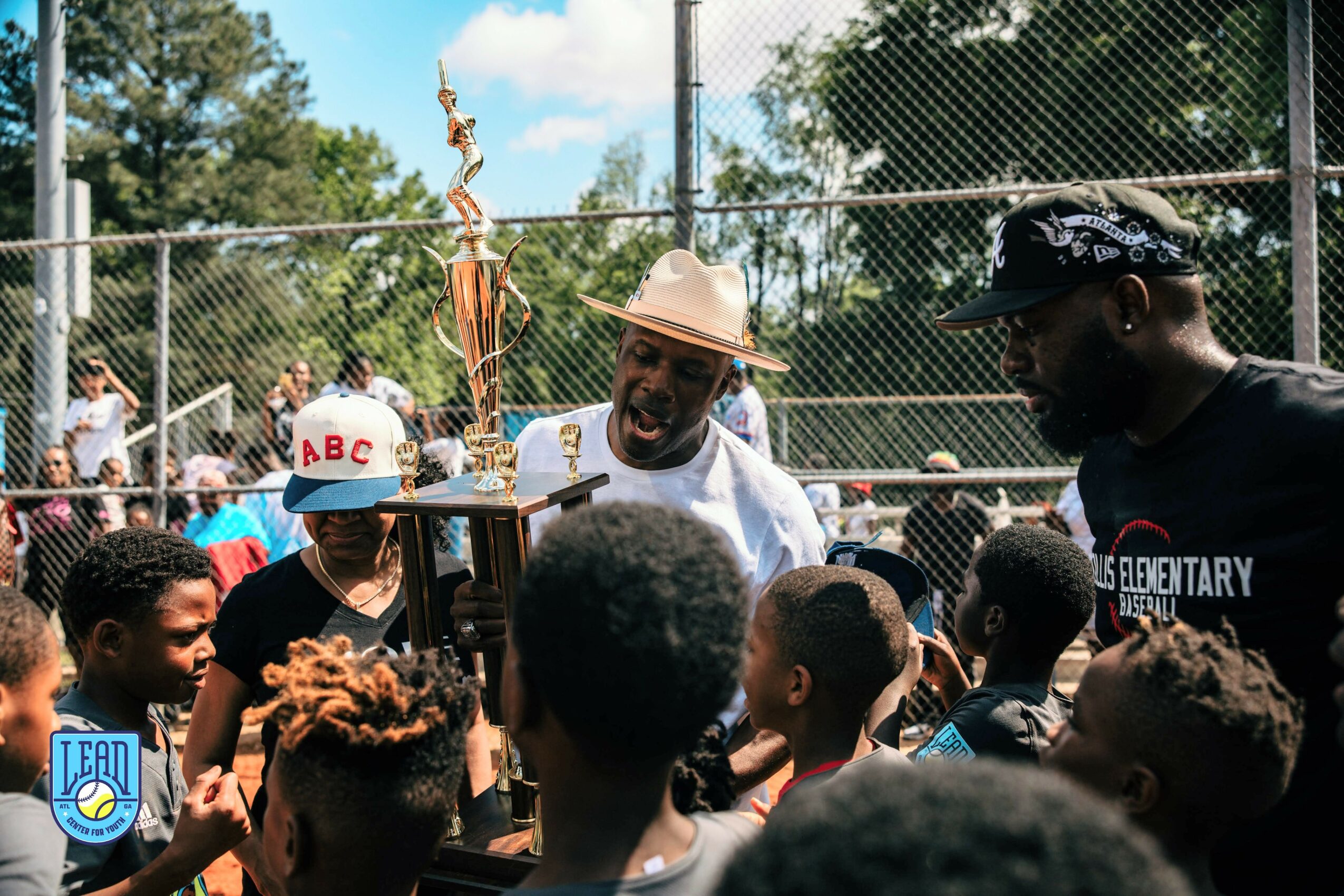
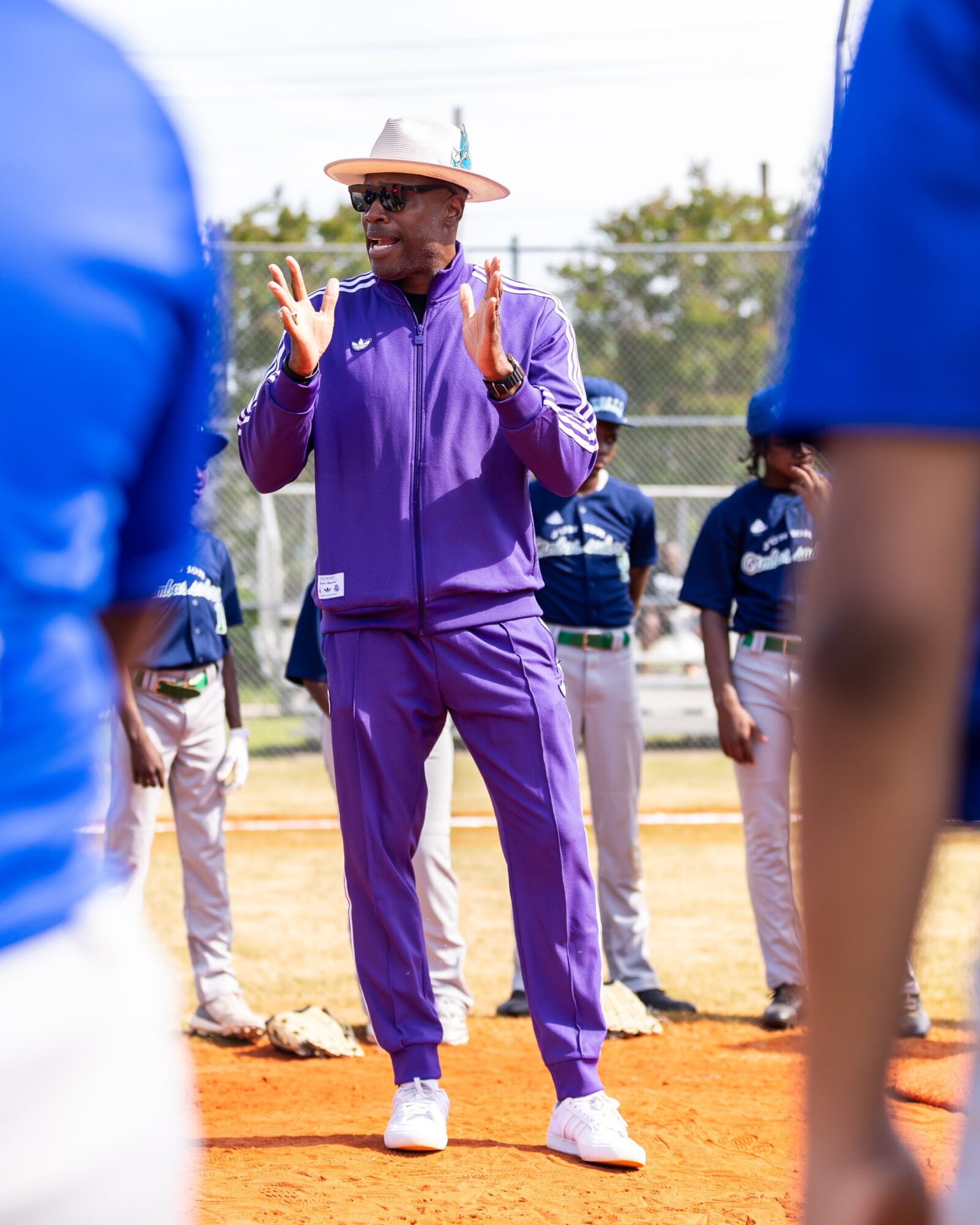
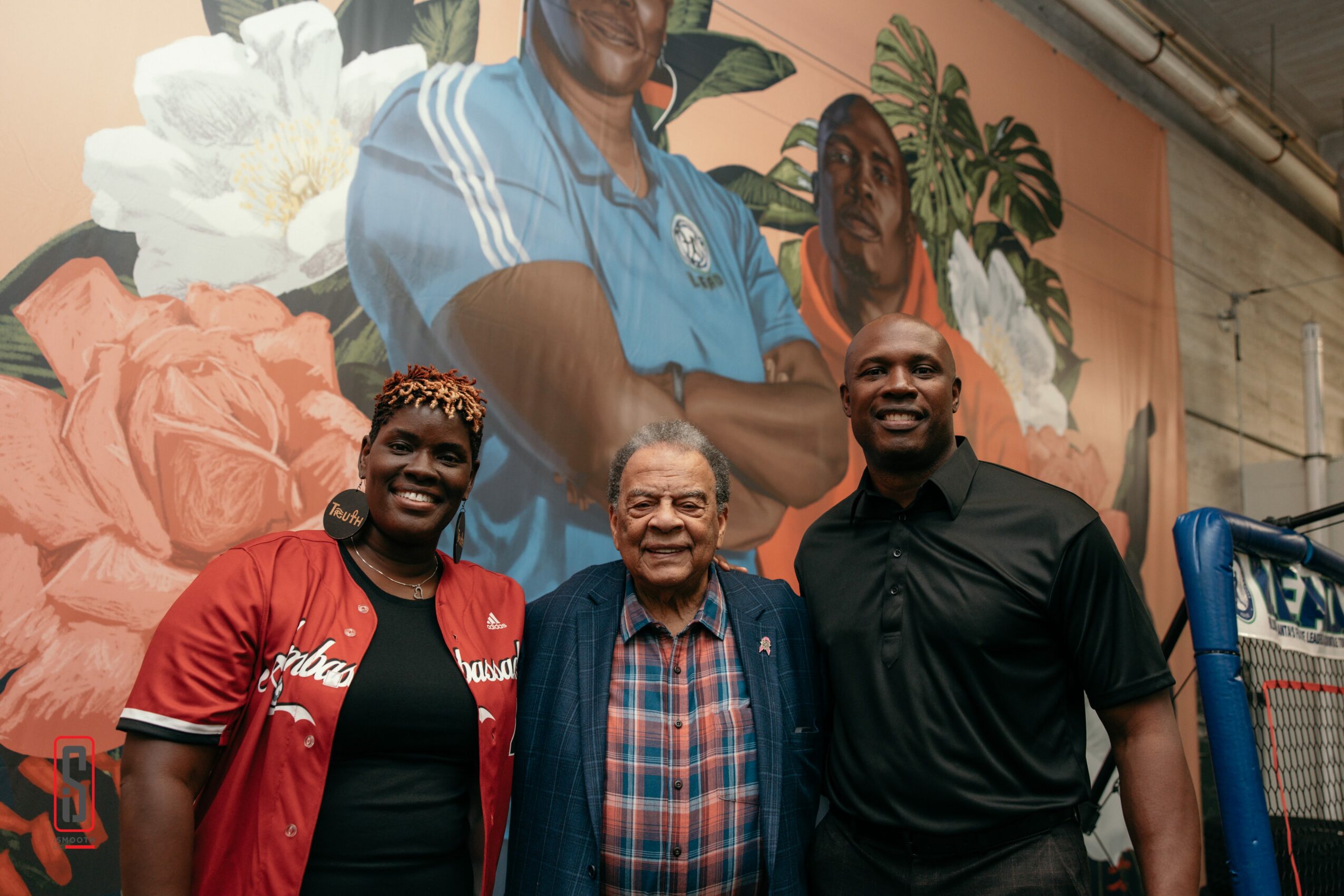
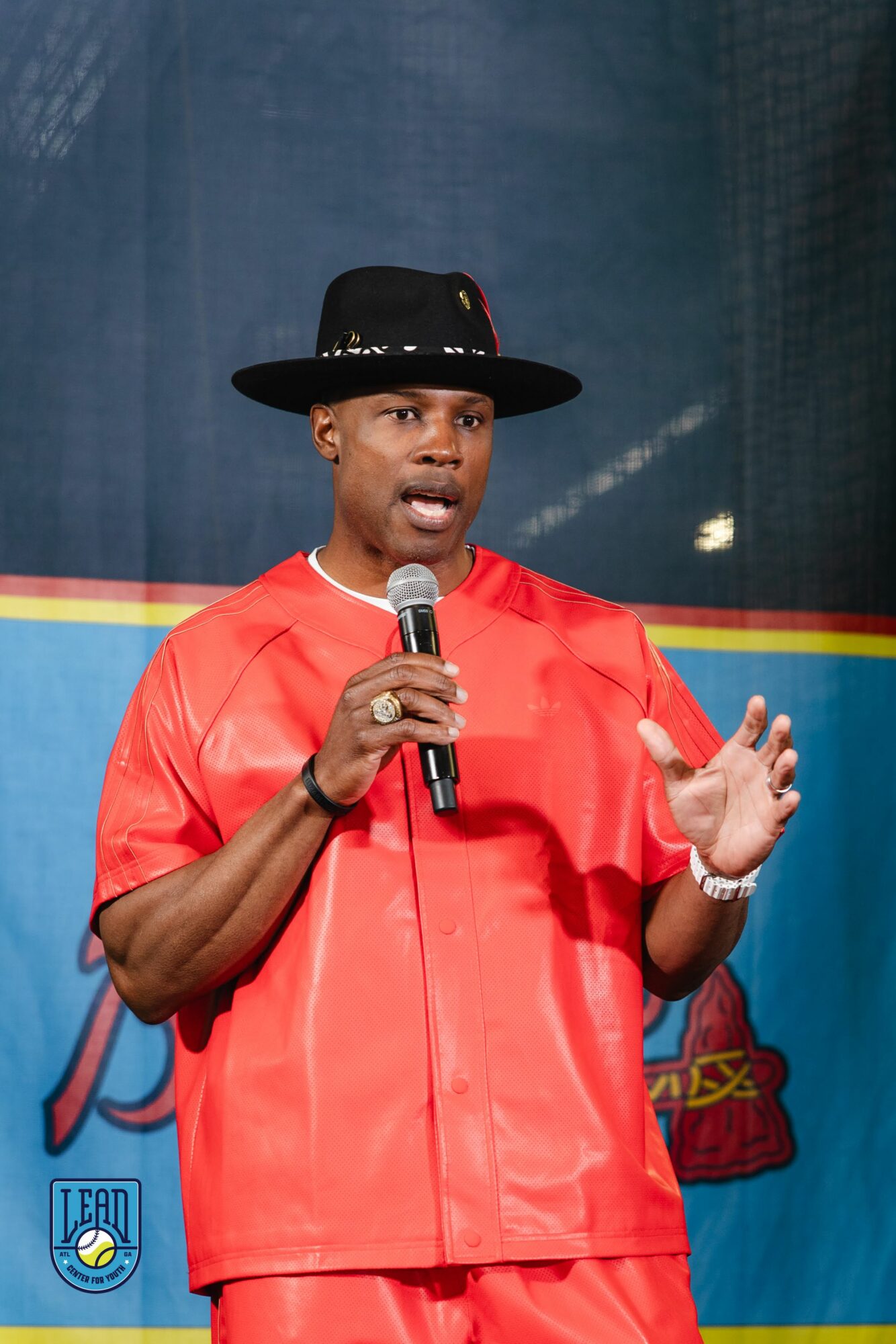
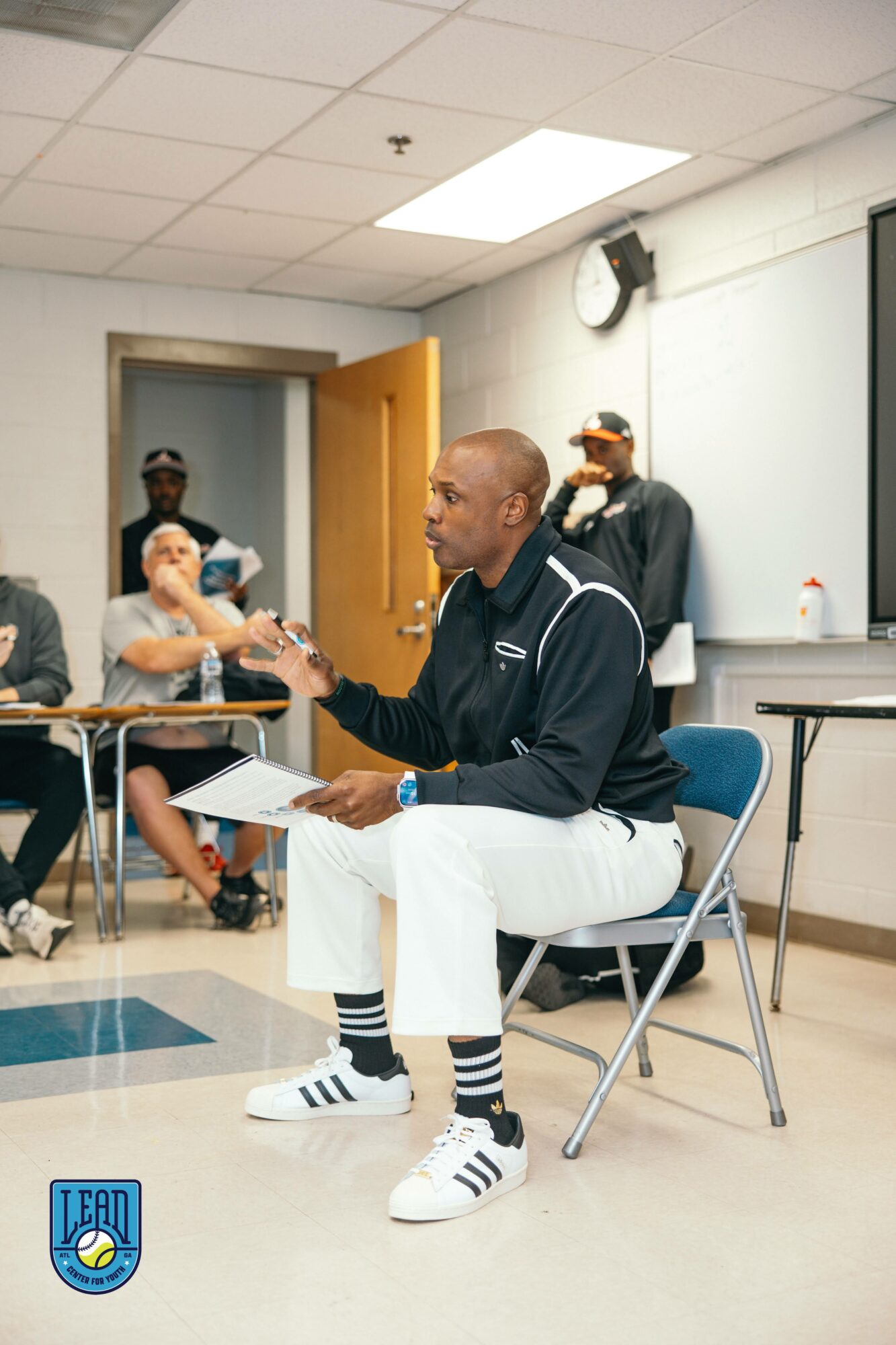
Image Credits
iSmooth













